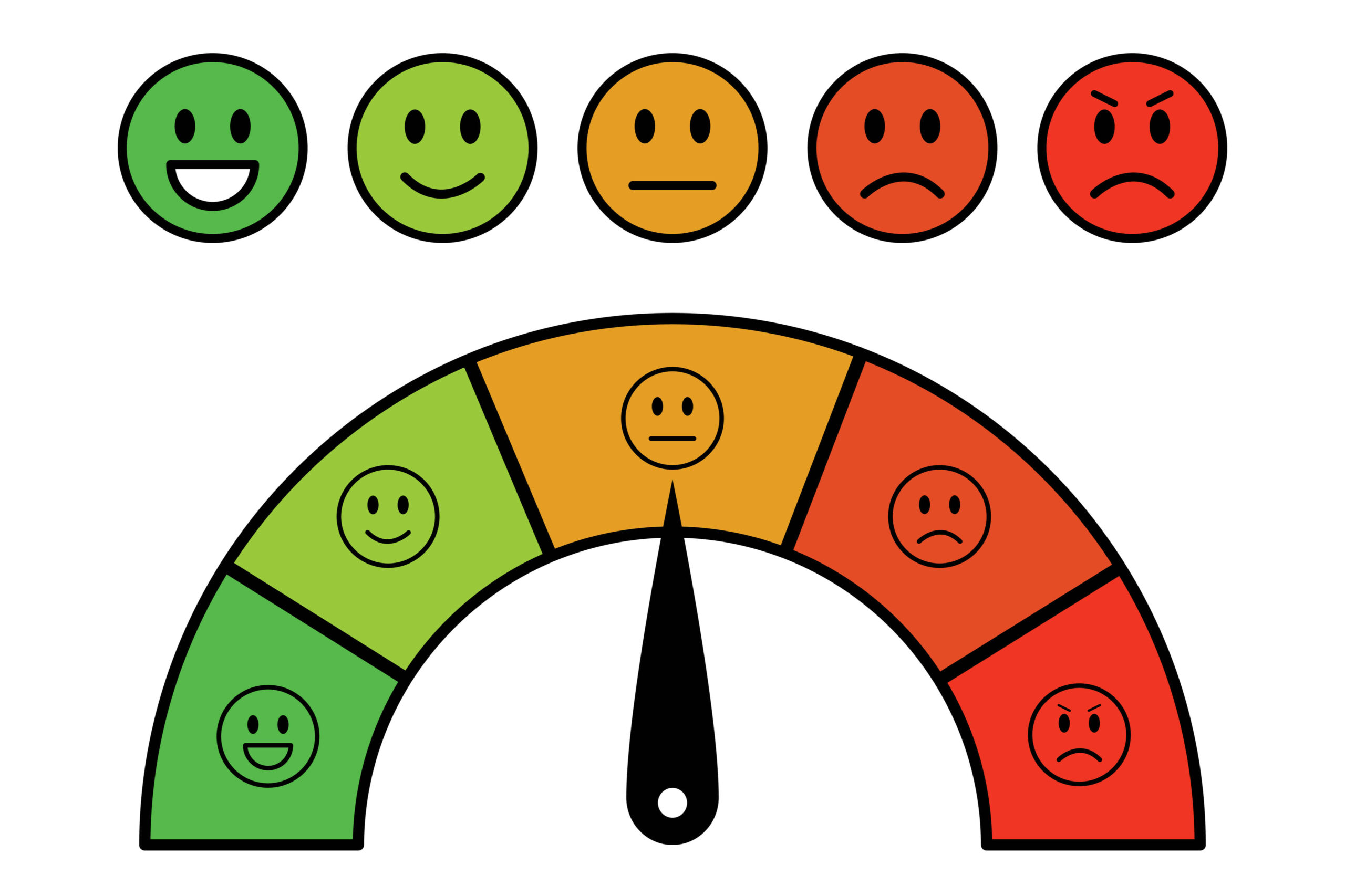Chronic stress is associated with reward and emotion-related eating behaviors in college students
Stress is linked to changes in both scent perception and eating habits. This study by Tuluhong & Han (2023) examined how chronic stress influences food-related rewards and the perception of food and non-food odors in college students. The Brief Daily Stressors Screening Tool (BDSST) and the Perceived Stress Scale (PSS) were completed by 61 individuals who participated in the assessment, evaluating odor detection thresholds and suprathreshold perceptions—pleasantness, intensity, and familiarity—of two food-related scents (chocolate and strawberry) and one non-food scent (rose). The Leeds Food Preference Questionnaire (LFPQ) and the Macronutrient and Taste Preference Ranking Task (MTPRT) were used by the authors to assess food reward and macronutrient preferences, while the Dutch Eating Behavior Questionnaire (DEBQ) and the Reward-Based Eating Drive Scale (RED) were also used to evaluate emotional eating, reward-driven eating habits, and inhibitory control in relation to food consumption. While neither perceived stress nor daily stress severity was linked to odor sensitivity, the PSS score showed a significant positive correlation with the pleasantness rating of strawberry scent. Chronic stress levels (as indicated by PSS and BDSST scores) were significantly associated with emotional eating (DEBQ) and reward-driven eating (RED). Furthermore, higher BDSST scores were linked to a decreased preference for low-calorie sweet foods. These preliminary findings indicate that chronic stress affects eating behavior and odor perception in different ways. [NPID: Chronic stress, food odor perception, emotion-related eating, reward-related eating, food preference]
Year: 2023
 Navigation
Navigation











